A few days ago I asked people to share questions about guided reading. Thank you so much for the wonderful responses! I will try my best to answer them clearly.
I intended on answering the questions in one post, but I am way too long winded it seems! I will answer them over a few days time! Here is my first question (I randomly choose it!):
I am doing daily 5 so guided reading is going to be a HUGE part of my teaching this year. I am starting from the beginning…any advice would be helpful. I am especially interested in how you keep track of groups/decide what to teach.
It depends on what you are talking about (I promise I am not trying to do a cop out answer!!). In guided reading, I use my DRA assessments to create homogeneous groups based on ability levels. I may change or move students in and out of groups based on a running record, new DRA, my notes during my “tap in” session, or (GASP) my gut feeling the child is ready to move on.
Then, I as a general rule, I always start teaching the leveled groups with a fiction text. I may teach one book or a handful before moving on to nonfiction texts at the SAME level This is because I find that students are more familiar and successful with the fiction text structures than nonfiction and need heavy guidance with nonfiction. It is not surprising at all (to me) to find students that can independently read a level M fiction book, but would be instructional on a level M nonfiction book.
Here is my progression of what I teach in fiction books. Usually this starts around a DRA level 14 (level H) or so moving on up the levels. I may teach ALL these things on a 14 or move the skills up as I teach a more difficult level.
- predicting
- story grammar (character, setting, problem, solution)
- beginning, middle, end/ retelling
Then I start to mix it up depending on the text and what I am teaching during mini lessons
- character qualities and inferences (how a character changes, etc)
- inferring within the text ( I try to start with inferring with pictures first and then move to text when possible)
- cause and effect
- comparing and contrasting
- summarizing
- questioning
- connections
- visualizing
- main idea
- author’s purpose
- details
- summarizing
- clarifying
- questioning (and finding answers to the questions)
- visualizing
- interesting details
And if there or typos, or I make no sense, my apologies. I am wiped today!
Mandy Gregory is a 2007 and 2012 Teacher of the Year. She has taught Kindergarten- 4th grades in both the general education and inclusion settings. She is currently a 1st grade Special Education teacher. She is the owner and creator of Mandy’s Tips for Teachers website (www.mandystipsforteachers.com) and has over 13 years of teaching experience. She is married with two beautiful children.


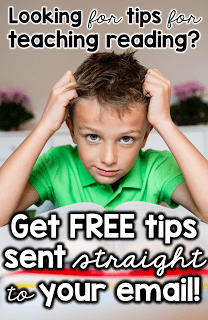
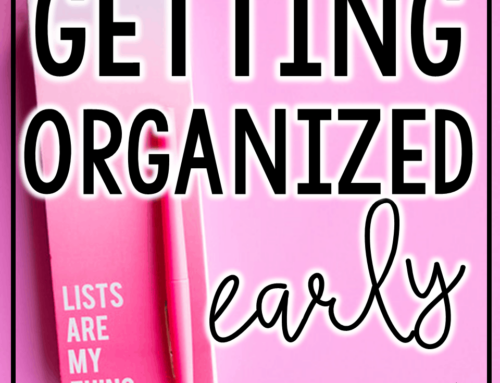
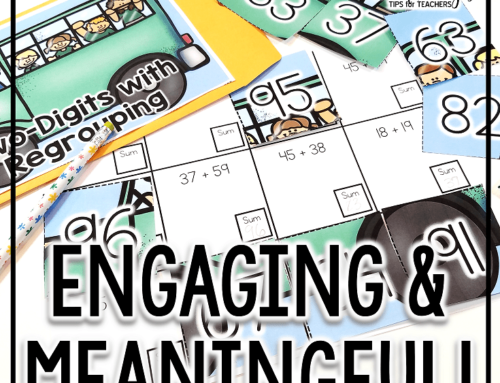
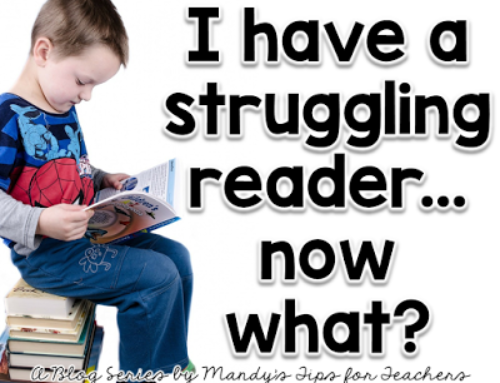
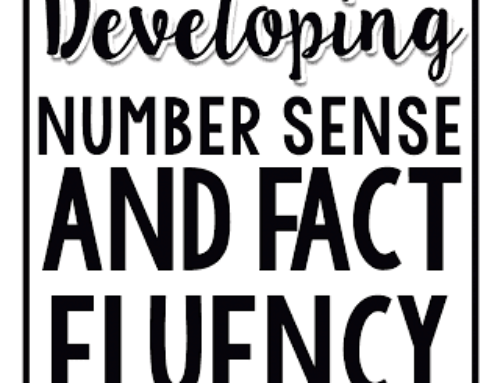

This is VERY helpful. Thank you.